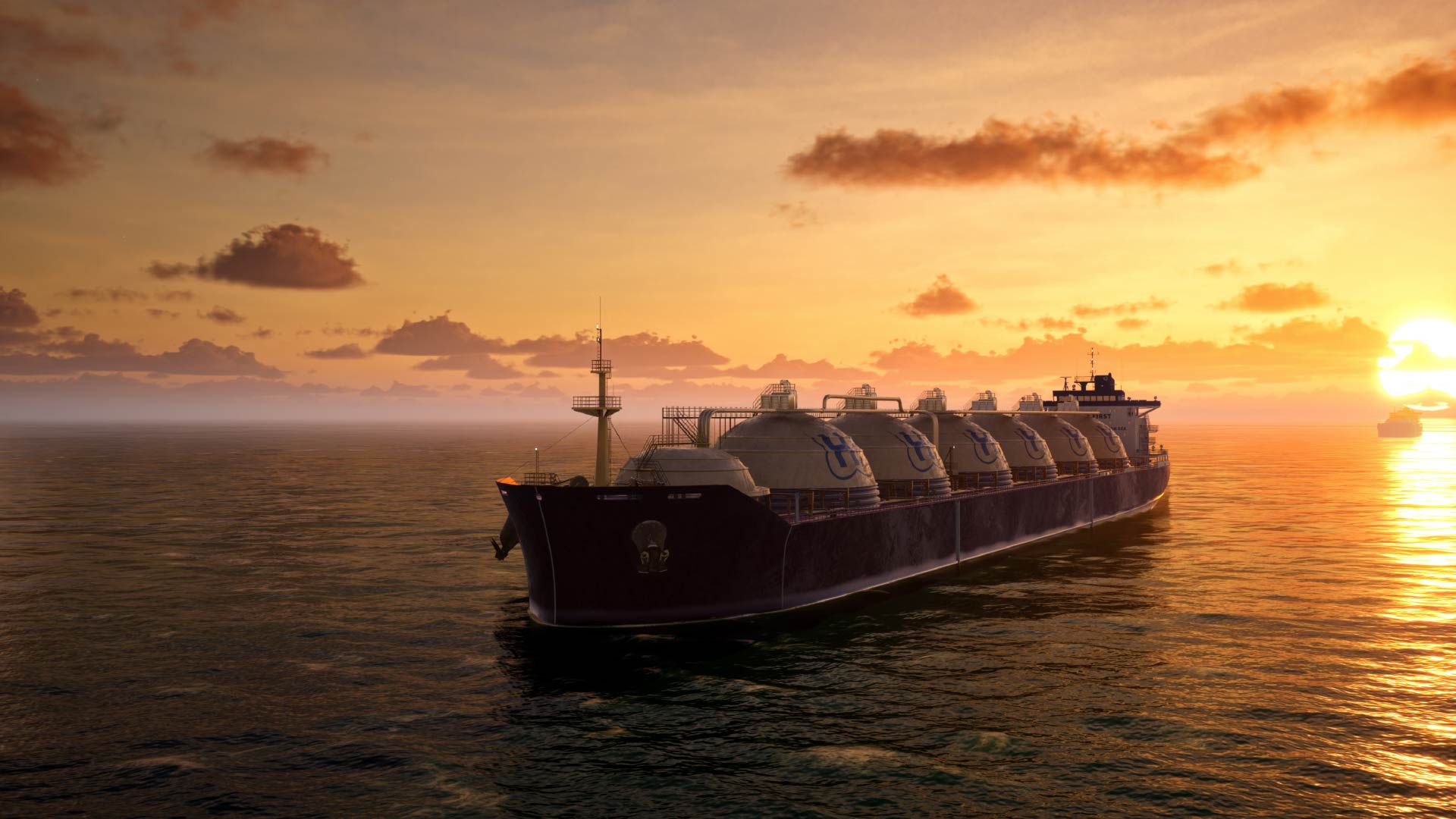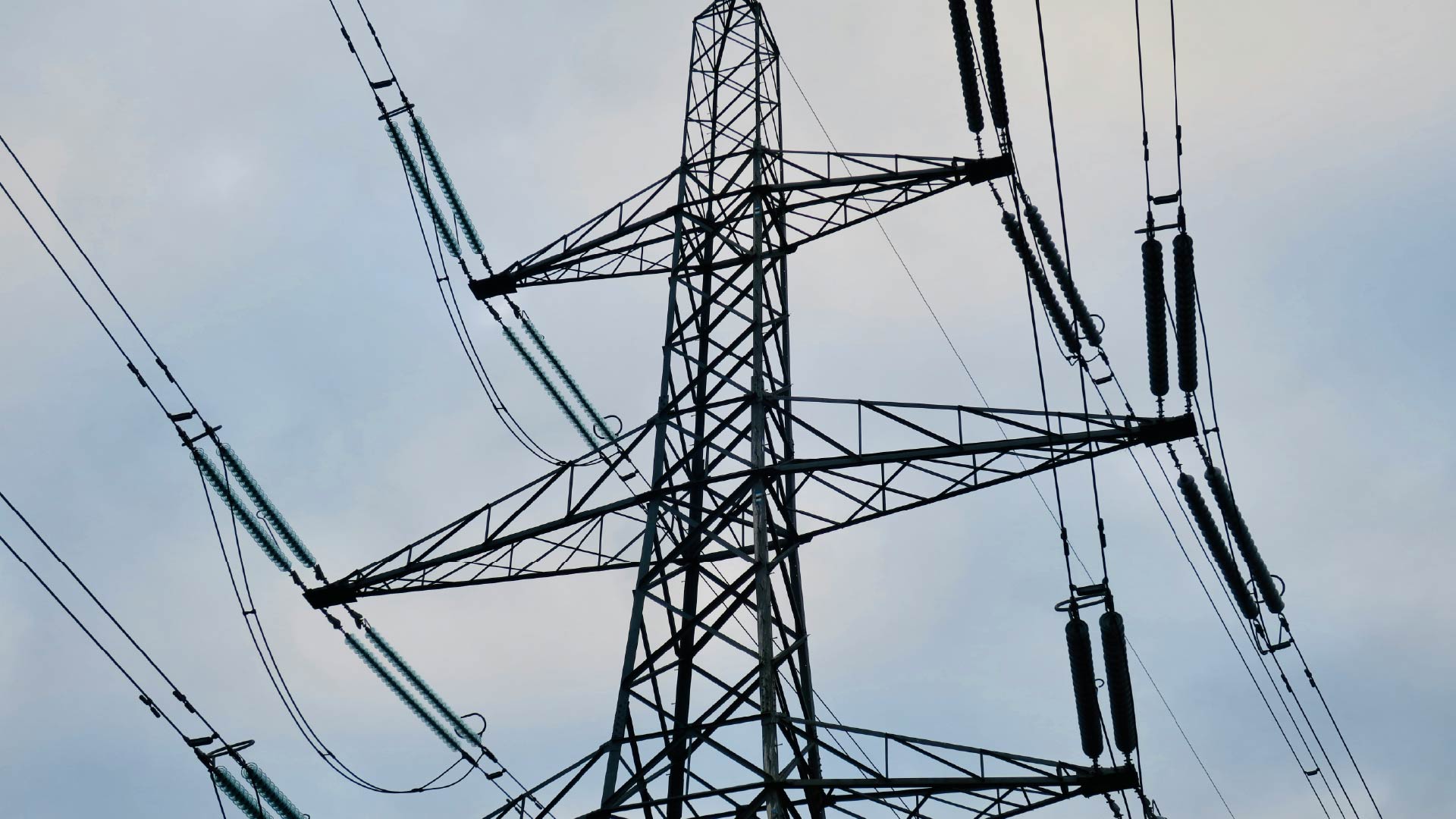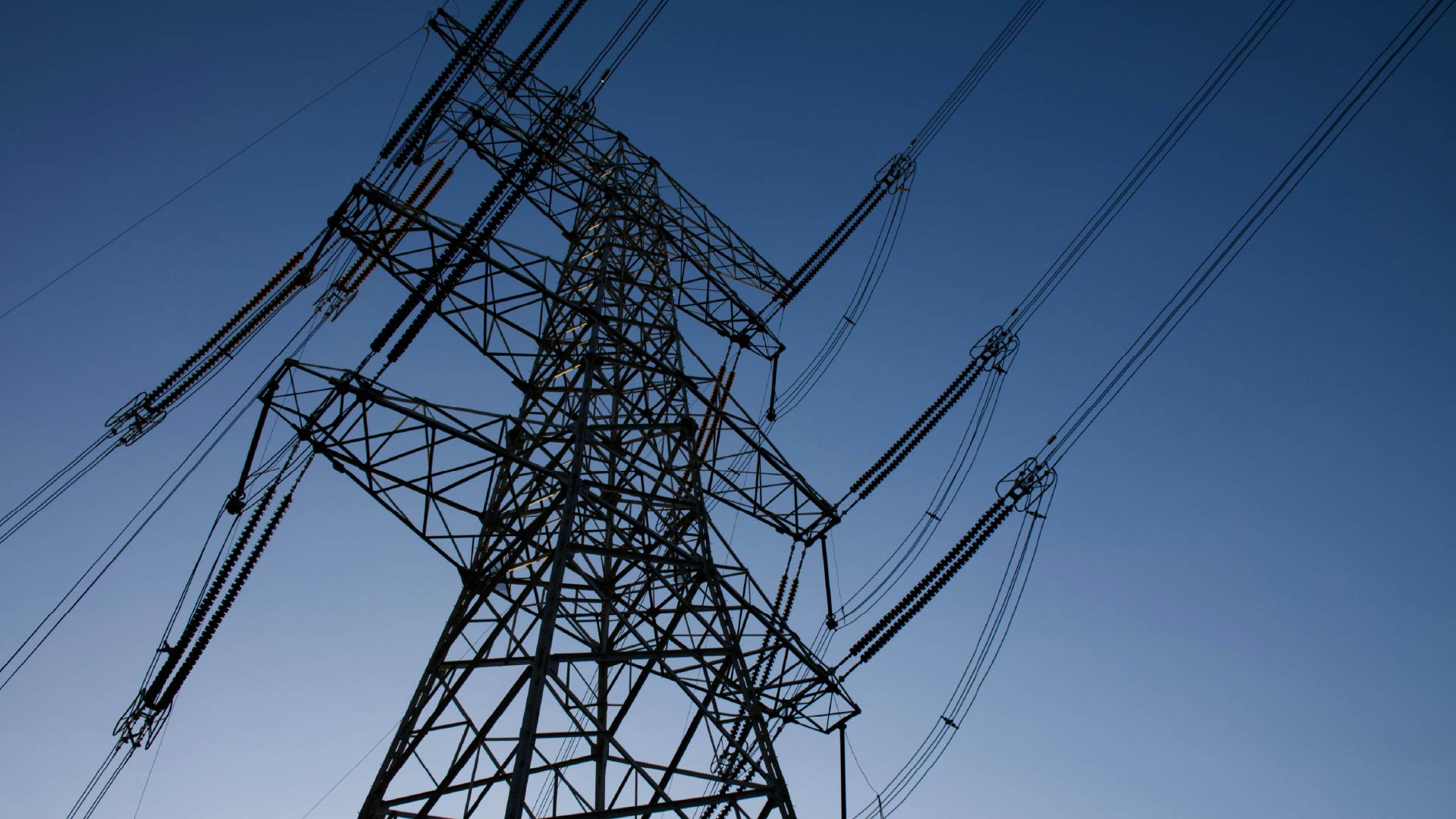World’s First Climate Report Card Reveals Global Shortcomings
The United Nations Framework Convention on Climate Change (UNFCCC) has released its synthesis report of the first “global stocktake” – an assessment of the world’s progress on climate change action since the Paris Agreement was adopted in 2015. The report presents key findings regarding decarbonization, adaptation and climate finance based on countries’ nationally determined contributions (NDCs), climate adaptation plans and other documents.
In short, the world is not on track to limit warming to 1.5°C. To reach this goal, countries must increase the ambition of their NDCs and ramp up mitigation efforts. The report highlights required measures, such as scaling up renewable energy, phasing out all unabated fossil fuels, ending deforestation and addressing non-CO2 GHG emissions – all while ensuring a just and equitable transition. Using some of the strongest language that has yet appeared in a UNFCCC report, the authors highlight the urgency of implementing whole-of-society climate action.
The report also finds deficiencies in climate adaptation. Although ambition is increasing, adaptation plans have tended to be fragmented and unequally distributed. Adaptation has been incorporated into some development processes, but available resources are insufficient to implement locally driven transformational change. Furthermore, new policies and funding mechanisms are needed to address climate-related loss and damage.
More generally, climate finance is falling short of the trillions of dollars needed to support resilient, low-carbon development. In addition to international public finance, which has traditionally played a key role in supporting global climate action, substantial private finance is necessary. This will require large changes within the global financial system and increased investment in the innovation and deployment of new technologies, as well as capacity-building for climate adaptation and mitigation.
This first global stocktake reveals that the world has made progress over the last eight years, but much remains to be done. The findings will be a key input at COP28 in December 2023. At that meeting, world leaders will discuss opportunities to address shortcomings and hopefully create action plans to close the gaps. With radical, widespread action to mitigate emissions and build resilience, there are opportunities to empower marginalized groups, promote sustainable economic development and enhance international cooperation – but addressing the many causes and effects of climate change is no easy task. To support global climate action, Verdantix will continue our research into solutions for decarbonization and climate risk management. Stay tuned for more insights into the tools that can help the world correct course.About The Author

Emma Cutler
Principal Analyst





